It seems like every year, there’s at least a dozen new fad diets that hit the food scene. While most healthcare experts would recommend a combination of a healthy diet and regular exercises (plus some organic health supplements to help you address any nutritional gaps in your diet), many people will keep searching for that “quick fix” diet to turn around their health and wellness.
But, of course, most of us remain skeptical about these diets. From Keto to the Atkins and South Beat diets, there’s no shortage of options if you’re looking to shed some excess pounds and improve your health.
In recent years, you may have noticed that grains have received a lot of negative attention. Numerous books, studies, and articles have appeared decrying the health risks of consuming too many grains.
Some of these studies claim that grains can lead to tooth decay, a spike in blood sugar levels, excess calories and weight gain, or even increased risks of heart disease and inflammation. But as one of the most consistent staples of the human diet for centuries, can grains really be all that bad? In this blog, we’re taking a closer look at the trend of going grain free and learning more about why including grains in your diet may not be all that bad.
Here at PhytAge Labs we’re proud to have developed a full line of all-natural, organic health supplements to help you live your best life. With many of the top health supplements on the market today, including Prostate 911, Nerve Control 911, Joint Relief 911, Tinnitus 911, and more, there’s a good chance we have a health supplement for you.
What Does it Mean Having a Grain Free Diet?
As the name suggests, a grain free diet is one where you seriously (or completely) reduce the amount of grains you consume in your diet. A grain free diet works to eliminate grain products in the hopes of improving your overall health.
A grain free diet will restrict both gluten and non-glutinous products, including:
- Wheat
- Barley
- Rye
- Spelt
- Rice
- Dried corn
- Millet
- Oats
- Sorghum
For most of us, it’s challenging to completely eradicate grains from your diet. Grains form the basis for many of the foods we eat every day, including breads, pastas, cereals, crackers, rice, and pastries. For vegans and vegetarians, this makes your options even slimmer.
Should I Go Grain Free?
Like any other dietary choice, the answer to this question comes down to your body, your unique nutritional needs, and your overall wellness goals. There’s no “one size fits all” model when it comes to the perfect diet.
If you’re looking for ways to improve your diet, speak with your doctor or a licensed dietician. They can help you make smart and healthy choices designed on your specific needs and goals.
The idea of going grain free became initially popular as studies suggested it can help reduce inflammation. However, most of these studies are somewhat limited and the evidence has only been found in animal models. Most researchers now recommend that the majority of individuals do not need to go grain free as certain types of grains offer a range of health benefits.
Next time you go to the grocery store, make sure you’re choosing “whole-grain” products. Compared to refined grains, like white bread, whole grains have far more nutritional benefits as the entire grain, including the bran, germ, and endosperm, remain intact. In refined grains, the bran and germ are removed during processing, which also removes many of the key nutrients and fiber.
Many of the top health benefits of eating whole grains include:
- High levels of fiber
- High in nutrients, including protein, antioxidants, iron, magnesium, and several vitamins like vitamin B, niacin, and folate
- May lower your risk of heart disease
- May reduce your risk of obesity
- May lower your risk of type-2 diabetes
- Supports healthy digestion
As you can see, eliminating grains completely from your diet can make it more challenging to receive many of these key nutrients, vitamins, and minerals. The key is to make sure you’re getting the right kinds of grains.
Who Could Benefit from Going Grain Free?
For the majority of people, eating grains (especially whole grains) can be a beneficial part of your diet. However, some may benefit from eliminating grains.
For example, those with Irritable Bowel Syndrome (IBS) may experience some relief from their symptoms by avoiding grain products. Additionally, some studies suggest that those with a range of autoimmune conditions, such as fibromyalgia, lupus, or rheumatoid arthritis, may also benefit from a grain free diet.
And finally, a grain free diet may help those with diabetes more successfully manage their blood sugar levels. However, this doesn’t mean you need to totally cut out all grains as some studies show that whole grains can actually reduce your risk of developing diabetes. Regardless of your current health condition, speak with your doctor first before making any major changes to your normal diet.
Healthy Grains to Include in Your Diet
If you do choose to incorporate grains as part of your daily diet, you have a range of healthy (and delicious) options to choose from. What’s most important here, as noted, is to shift from any refined grains to only whole-grain products.
Since whole grains include the entire grain, including the bran, germ, and endosperm, whole grains allow you to get the full nutritional benefits. Refined grains, on the other hand, have had the bran and germ removed in the milling process, making this a much less healthy option.
Luckily, in recent years, there’s been a rise in popularity for whole-grain products. A quick trip to the grocery store will show that you can now get pretty much any bread or grain-based product as a whole-grain food.
Some of the most popular whole-grain foods include:
- Bread
- Pasta
- Rice (including red rice, wild rice, brown rice, and black rice)
- Quinoa
- Oatmeal
- Popcorn
- Whole-grain breakfast cereals
- Whole-grain crackers
Essentially, when shopping for grains, try to find a whole-grain option whenever you can. But also be wary of different labels you may see. While whole grains are certainly a healthier option over refined grains, you’ll also see “enriched grains” and “fortified grains.”
Enriched grains means that some of the nutrients removed from the milling process may be added back in; however, this doesn’t include fiber. Fortified grains means that additional nutrients, such as folic acid or iron, have been added to the product.
Conclusion – Should I Go Grain Free?
In recent years, the notion of going grain free has gained more and more traction in health and wellness communities. While a grain free diet may benefit some individuals, studies suggest that grains are a perfectly healthy and beneficial addition to most diets.
The trick is to make sure that you’re getting the right kinds of grains. Whenever possible, try to avoid refined grains and purchase whole-grain products instead. Luckily, most grocery stores now carry a variety of whole-grain products, including breads, pastas, cereals, crackers, and more.
If you’re looking for an additional way to improve your diet and ensure you’re getting the nutrients you need, consider adding an organic health supplement to your diet. At PhytAge Laboratories, we’ve created an entire line of all-natural health supplements to help you boost your overall health and wellness. With many of the market’s top health supplements, including Prostate 911, Tinnitus 911, Internal 911, and more, we’re sure to have an all-natural health supplement to address your unique wellness goals.
Contact us today to learn more about our complete line of all-natural health supplements. When you get enough of the key vitamins and minerals your body needs, you’ll simply be amazed at how much better you feel each day. Together, let’s begin the journey toward a happier and healthier life.
 Cart
Cart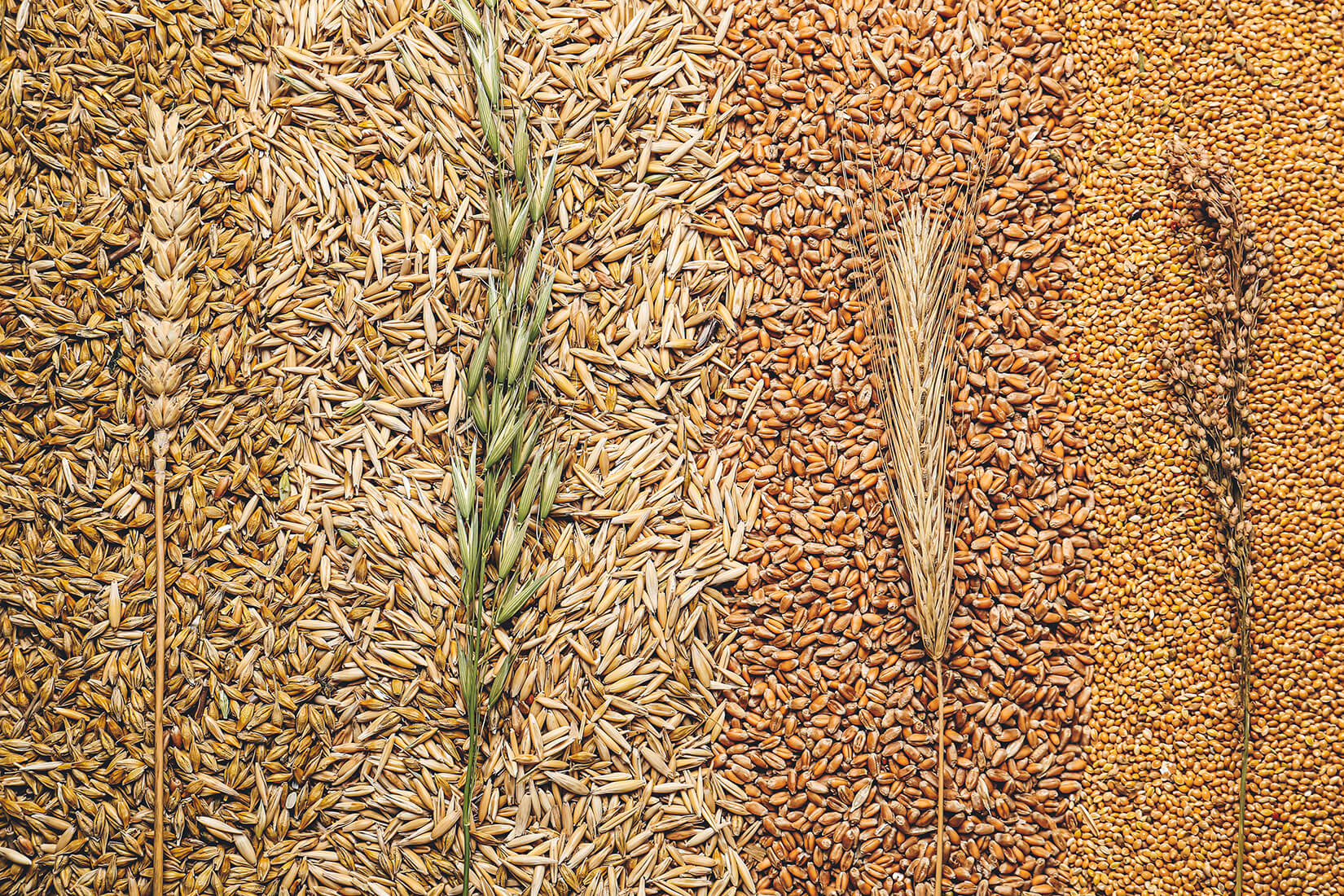


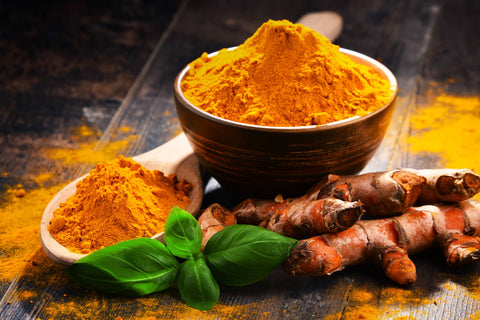

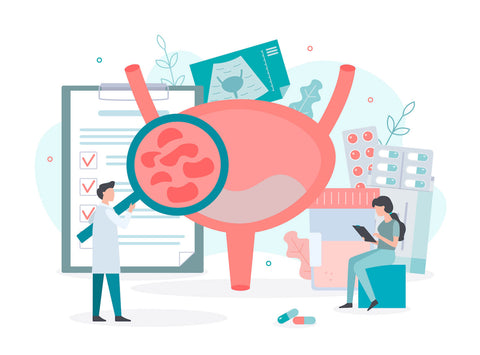




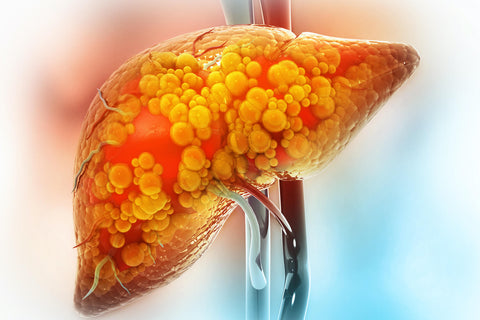
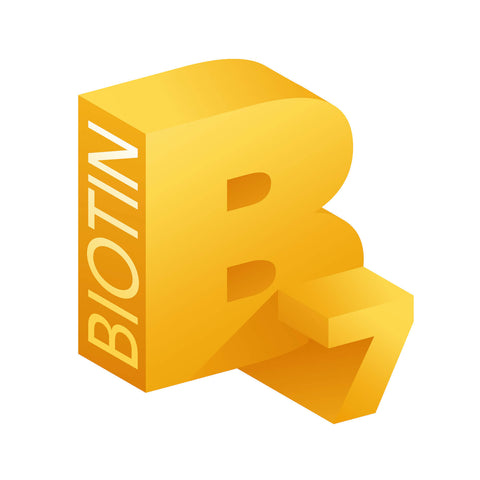




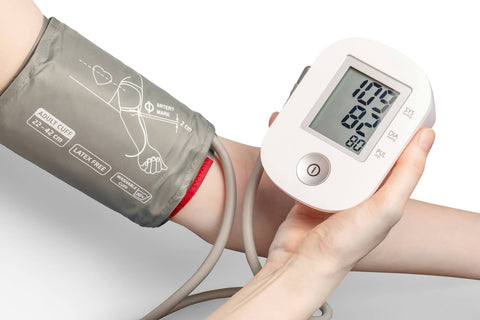


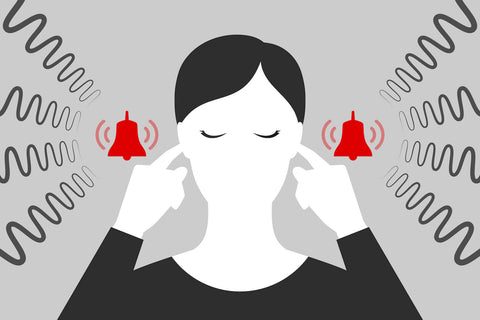



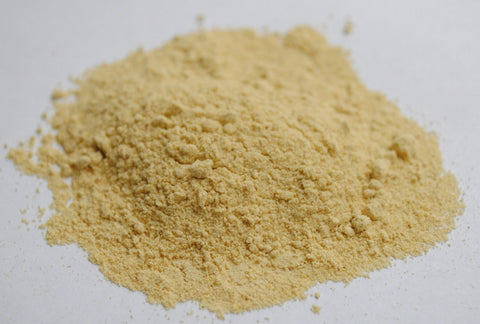
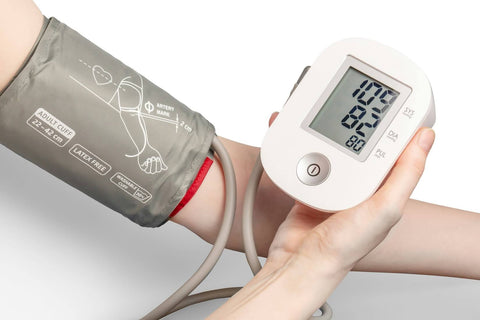
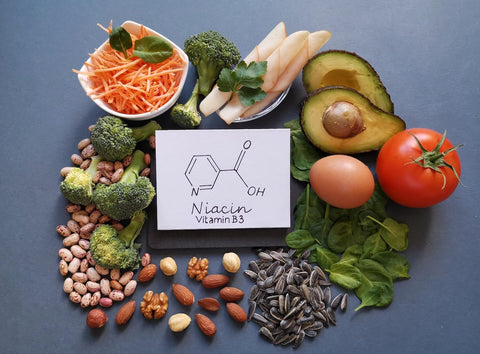

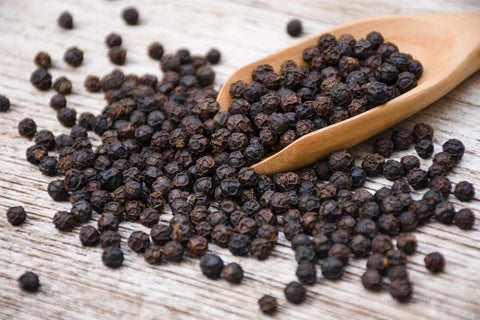
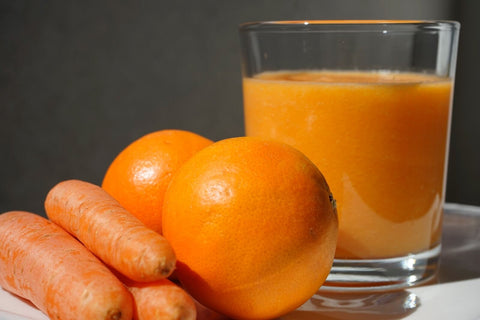
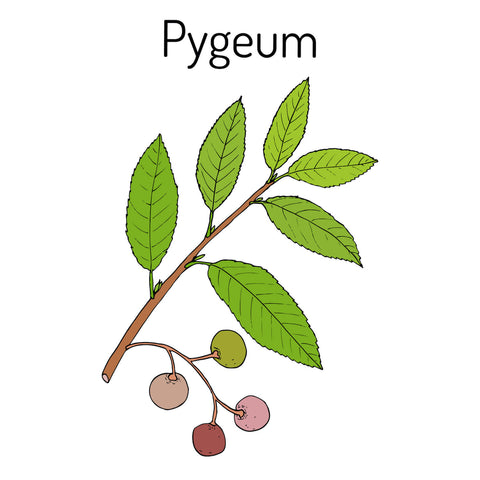
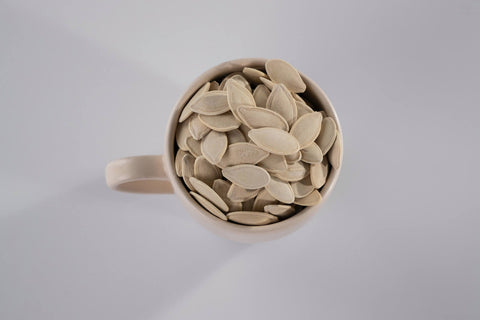



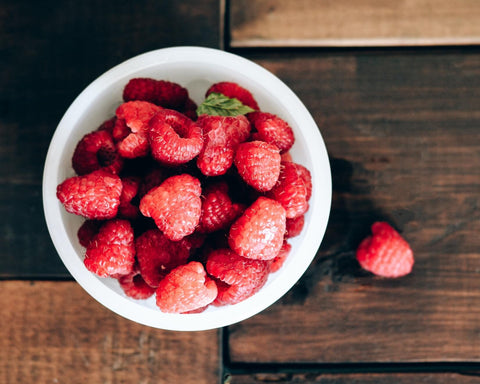


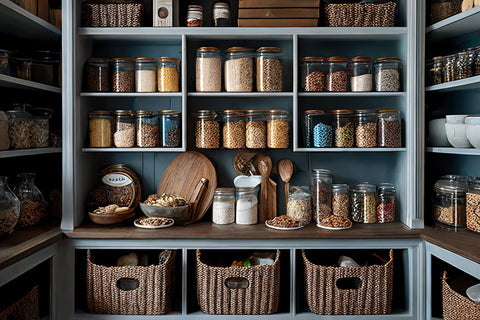
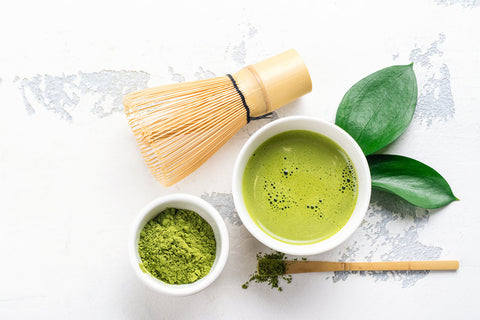







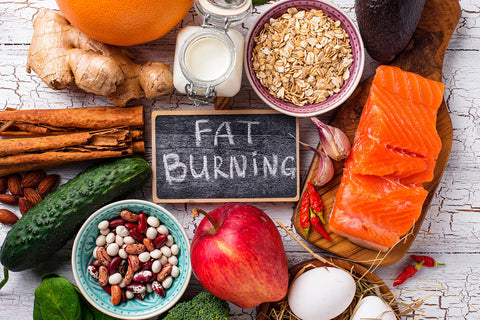
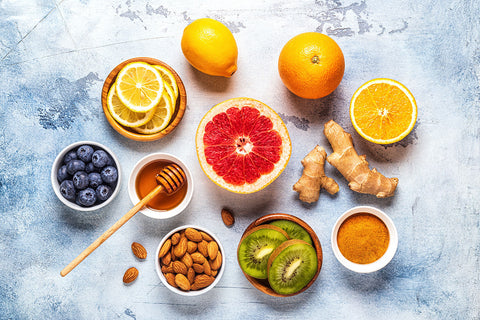
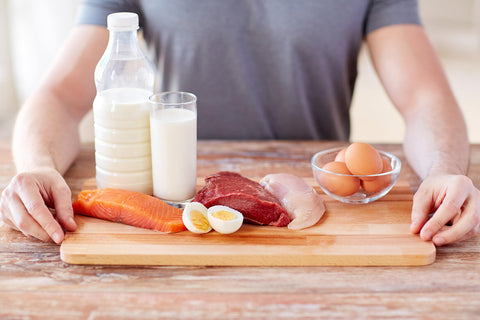



 1-800-822-5753
1-800-822-5753
